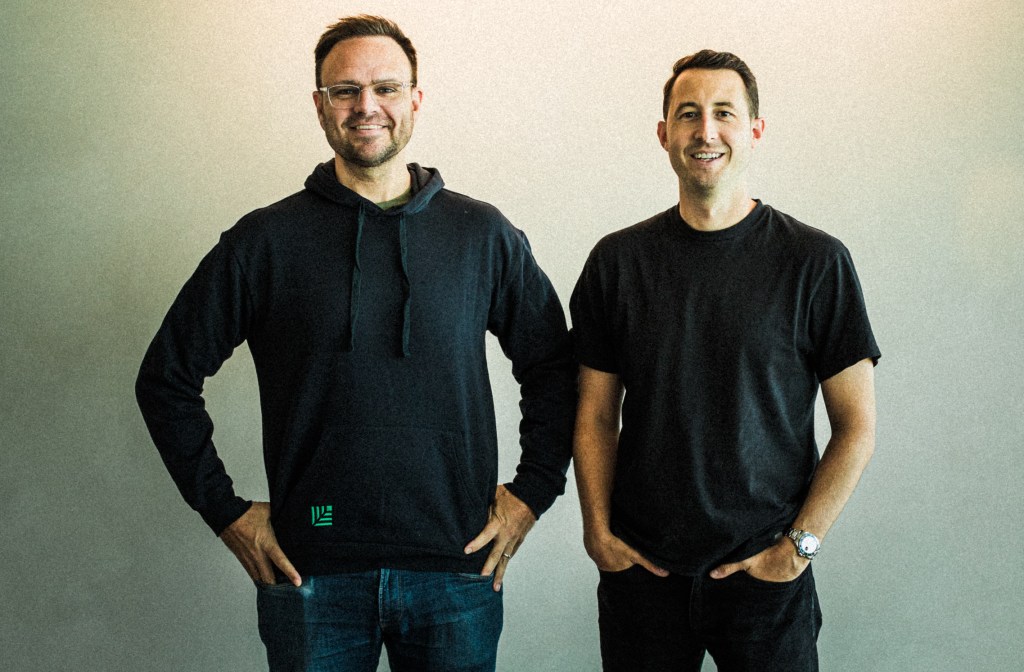Partnering with Day.ai: Customer Obsession, Productized
A decade after Christopher and Michael built HubSpot’s original sales suite, AI is opening up new pathways for forging customer relationships—and Day.ai is leading the way.

The story of Hubspot, where I first met Christopher O’Donnell and Michael Pici, is a tale with two distinct chapters. In chapter one, the company built a world-class marketing and sales machine. But that was just the beginning. Chapter two focused on creating a sales product that served as its own flywheel for growth—and impressively, it arguably eclipsed chapter one, in large part thanks to Christopher and Michael.
When I joined the team in 2010, Hubspot was in its earliest innings with a lean startup team striving to build a comprehensive marketing suite. A few years later, our leadership made the bold decision to expand into a sales product suite, and Christopher and Michael led the execution. They were a dynamic duo; Michael took a highly customer-centric approach and interviewed every early user he could find, while on the product side Christopher used that feedback to build a simple, intuitive interface that people loved. Together they incubated, launched and scaled what are now called CRM and Sales Hub.
For the rest of their tenure at Hubspot, they continued working closely. Christopher built a reputation for his ability to not only execute but also recruit, and ultimately rose to CPO, while Michael was beloved for his range across both sales and product and became VP of Product, Revenue. Eventually, each of them left to explore new opportunities; Christopher hired 100 PMs, designers and engineers in just a year as CPO of Thrive, while Michael became a growth advisor to B2B SaaS companies, including several in Sequoia’s portfolio.
But after less than two years apart, they came back together—this time, to build Day.ai.
Christopher and Michael understood that at the heart of any sales process is a nuanced relationship between a company offering its product and a buyer eager to solve a pain point—and they knew that even in the best CRM platform, subtleties get lost. Maybe you schedule a Zoom call, then you take notes manually—and then you pull out your takeaways to share with your team. Each step is time-consuming, and it’s also subjective: you probably aren’t sharing the way someone’s voice changed at a key moment in your call, or the exact questions they asked, or the fact that you’re now talking on text as well as email and have shared photos of your kids. In short, you’re capturing imperfect information—which makes your forecasts imperfect, too.
But Christopher and Michael also recognized something else: that AI has ushered in a categorical shift in how software can serve humanity. What would happen if they combined that fact with everything they’d already learned about the customer journey, and how to bake it into a product?
It was an exciting question—so exciting that I boarded a redeye last May to visit Christopher at his home and discuss it. I remember touring his music studio and collection of guitars, and then his kids’ Lego collection, and thinking how well the combination summed up Christopher—an artist and a builder in one. At the time, Day.ai was barely a week old; they had a brand-new idea and no code. But we knew Christopher and Michael were a team we could believe in, and we were delighted that they gave us the opportunity to lead their seed round.
Since then, they have been hard at work, designing Day.ai from first principles of what relationship-building really means. Through our partnership and in Arc, Sequoia’s immersion for pre-seed and seed-stage founders, we’ve had a front-row seat to Christoper and Michael’s time-tested process, as they conducted hundreds of interviews, collected data in—where else?—Day.ai, and used it to test their hypotheses. And just as they did a decade ago, they are constantly trading notes, iterating and looking for ways to improve. Already, early access users are praising Day.ai’s seamless integration with existing productivity tools, and seeing real benefits from bringing customer voices into more of their daily decisions.
Here’s one user perspective: As an investor, I want to give my full focus to the founders I meet. I need to understand what they’re building so I can share it with my partners, but I also want to foster a relationship with them, and make sure they feel known and remembered the next time we talk. Sometimes those two goals are at odds. When I use Day.ai, though, I know it will save all the key points from a meeting automatically. I can give a founder all my attention and never miss a beat.
Even more exciting, this is just the beginning. While Christopher, Michael and their team have started by automating notes and action items from meetings and emails, they have a broader vision that includes pairing those captured conversations with other data to organize all business relationship data and suggest steps forward. To be sure, it will be no small feat to fundamentally change how relationships are managed at scale—but with this dynamic duo leading the way, there’s no telling what Day.ai can do.


